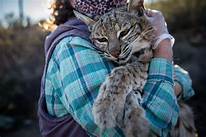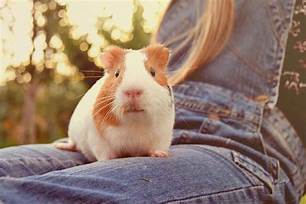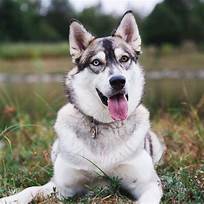Can You Keep Bobcats as Pets?
Bobcats are fascinating creatures that share a lineage with the more common lynx. Their distinctive appearance, along with their wild temperament, have often sparked curiosity about keeping them as pets.

Bobcat Ownership Legality
The legality of owning a bobcat as a pet varies widely across different jurisdictions. To ensure compliance with local laws, it is crucial to check the regulations in your area before considering bobcat ownership. Some states, counties, and cities have strict prohibitions against keeping wild animals in captivity, including bobcats. In some cases, special permits or licenses are required. It's essential to educate oneself thoroughly on the legal implications of bobcat ownership before making a decision.
Obtaining a bobcat as a pet is not as simple as purchasing a domesticated animal from a pet store. In many areas, bobcats cannot be captured from the wild and must be acquired from reputable breeders. These breeders often specialize in exotic animals and have the necessary knowledge and experience to handle bobcats. It is important to thoroughly research potential breeders and ensure that they operate ethically and legally.
Suitable Environment for Bobcats
Bobcats are active, energetic animals with specific environmental needs. Providing an appropriate habitat for a bobcat is crucial to ensure its well-being. A large enclosed area with ample space for running, climbing, and hiding is essential. The enclosure must be secure to prevent escape and protect the animal from potential predators. Bobcats are solitary creatures and generally prefer to have their own territory, so providing multiple hiding spots and perches is important.
Proper Nutrition for Bobcats
Bobcats are obligate carnivores, meaning they require a meat-based diet. Providing a balanced and nutritious diet is essential for a bobcat's health. Fresh, high-quality meat, such as chicken, rabbit, and venison, should form the majority of their diet. Supplementation with minerals, vitamins, and taurine is also necessary. It's crucial to consult with a veterinarian or a nutritionist experienced in exotic animal care to create a diet that meets the unique needs of a bobcat.
Training and Behavioral Considerations
Bobcats are not domesticated animals and therefore lack the inherent tameness of traditional pets. Training a bobcat is possible, but it requires patience, consistency, and a deep understanding of animal behavior. Bobcats can learn basic commands and tricks, but it's essential to keep in mind that they are not dogs or cats and may not always respond predictably. Training should be conducted by experienced professionals who use positive reinforcement techniques to build a bond with the animal.
Health and Veterinary Care
Like all animals, bobcats require regular veterinary care to ensure their health and well-being. Routine checkups, vaccinations, and parasite control are essential. Bobcats can be susceptible to various diseases and health problems, so early detection and treatment are crucial. Regular veterinary visits allow for monitoring of the animal's overall health and prompt intervention if any issues arise.
Declaration: All article resources on this website, unless otherwise specified or labeled, are collected from online resources. If the content on this website infringes on the legitimate rights and interests of the original author, you can contact this website to delete it.





